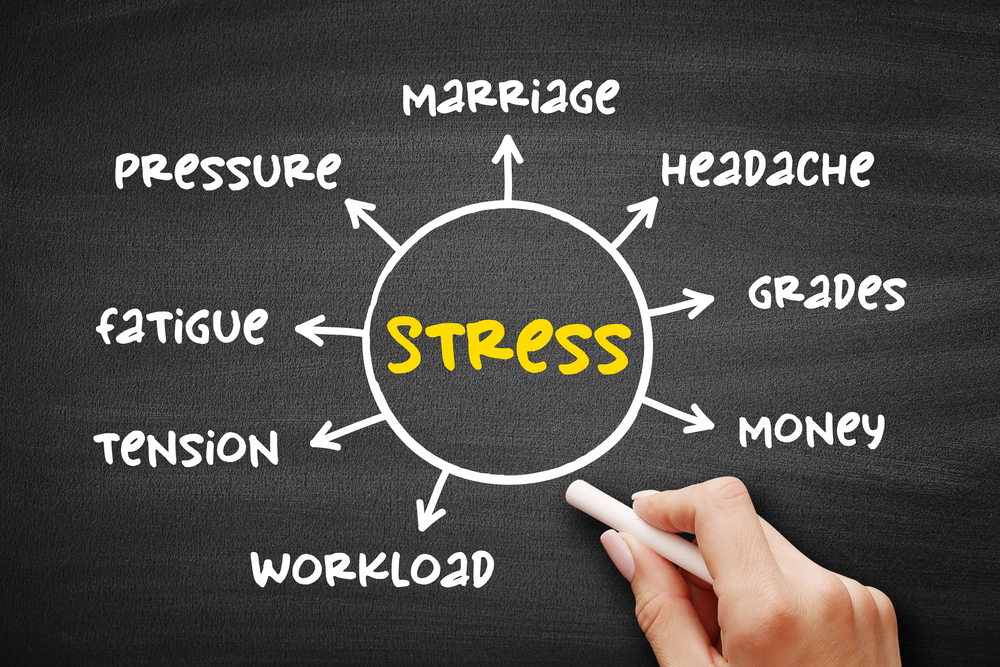Understanding the signs, the impact on relationships, and how RelationshipsandMore.com can help
If someone in your life shows a disturbing lack of empathy, manipulates others without remorse, or leaves behind emotional chaos—you might wonder if they’re a psychopath or a sociopath. These terms are often used interchangeably in media, but they describe two distinct (though related) patterns of behavior under the clinical umbrella of Antisocial Personality Disorder (ASPD).
Whether you’re dealing with a partner, family member, friend, or even coworker exhibiting these traits, it’s not just confusing—it can be emotionally draining and damaging. That’s why understanding the differences between a psychopath and a sociopath—and knowing when to seek support—can protect your mental health and empower you to make informed choices.
At RelationshipsandMore.com, our licensed therapists provide compassionate, confidential counseling to help individuals and couples navigate toxic dynamics, heal from manipulation, and rebuild healthy boundaries.
What Is Antisocial Personality Disorder (ASPD)?
Psychopathy and sociopathy are both informal terms used to describe people who meet the criteria for ASPD, a recognized mental health condition in the DSM-5 (Diagnostic and Statistical Manual of Mental Disorders). ASPD is characterized by:
-
A consistent pattern of violating the rights of others
-
Lack of empathy
-
Deceitful or manipulative behavior
-
Impulsivity and disregard for safety
-
Often, no sense of guilt or remorse
Psychopath vs. Sociopath: Key Differences
While both personality types share core antisocial traits, there are some important distinctions.
| Trait | Psychopath | Sociopath |
|---|---|---|
| Cause | Often believed to be genetic or neurological (differences in brain function) | More likely due to environmental factors, such as trauma or abuse in childhood |
| Emotional Connection | Cannot form emotional bonds; lacks empathy entirely | Can form some attachments, especially to a specific person or group |
| Behavior | Cold, calculating, and manipulative | Impulsive, erratic, and reactive |
| Criminal Behavior | Often well-planned, controlled, and covert | More likely to act recklessly or commit spontaneous crimes |
| Social Functioning | Often charming, successful, and able to “blend in” | Struggles to maintain stable relationships or hold jobs |
Real-Life Examples
-
A psychopath may lie effortlessly, mimic charm, and climb the corporate ladder while secretly harming others.
-
A sociopath may explode with anger, manipulate friends, and struggle with long-term goals or consistency.
Why This Matters in Relationships
Both psychopaths and sociopaths can leave lasting emotional scars. If you’re:
-
Constantly walking on eggshells
-
Feeling gaslighted or manipulated
-
Blamed for things that aren’t your fault
-
Unable to set boundaries without facing backlash
…it’s possible you’re dealing with someone who exhibits antisocial traits. These relationships can cause long-term damage to your self-esteem, emotional regulation, and trust in others.
When to Seek Counseling
Whether you’re recovering from a toxic relationship or unsure if you’re currently in one, counseling can provide clarity, safety, and healing.
You should consider speaking with a licensed therapist at RelationshipsandMore.com if:
-
You feel emotionally drained or confused after interactions with someone close to you
-
You’re unsure if someone’s behavior is abusive or disordered
-
You’ve experienced gaslighting, manipulation, or trauma bonding
-
You want to learn how to set healthy boundaries and recognize red flags
Our therapists can help you:
-
Rebuild emotional resilience
-
Process past experiences with toxic or abusive individuals
-
Learn how to spot unhealthy patterns before they escalate
-
Regain your confidence, safety, and voice
Can Psychopaths or Sociopaths Change?
In general, people with full-blown ASPD rarely seek help unless forced by external circumstances. Change is difficult because these traits are deeply rooted in the individual’s personality, often accompanied by a lack of insight or motivation to change.
However, you can change—by protecting your mental health, setting boundaries, and learning how to navigate relationships that may never be emotionally safe or reciprocal.
How RelationshipsandMore.com Can Help
Located in New York, RelationshipsandMore.com offers individual and couples therapy to help you:
-
Understand difficult relationship dynamics
-
Process emotional trauma from past or current abuse
-
Establish boundaries and self-protection strategies
-
Recover your sense of self and learn how to trust again
Our licensed therapists specialize in:
-
Attachment theory
-
Emotional regulation
-
Relationship trauma
-
Recovery from narcissistic abuse and toxic dynamics
Whether you’re currently in a harmful relationship or still healing from one, we provide the tools, support, and space you need to thrive.
Final Thoughts: You Deserve Peace and Safety
If you’ve ever questioned whether someone in your life might be a psychopath or sociopath, that’s already a sign to trust your gut.
These relationships can be confusing and destructive—but you don’t have to figure it out alone.
Let us help you make sense of your experiences, find your strength, and create a new path forward—free from fear, manipulation, and self-doubt.
Visit RelationshipsandMore.com to connect with a licensed therapist who understands what you’re going through—and is ready to help you heal.

